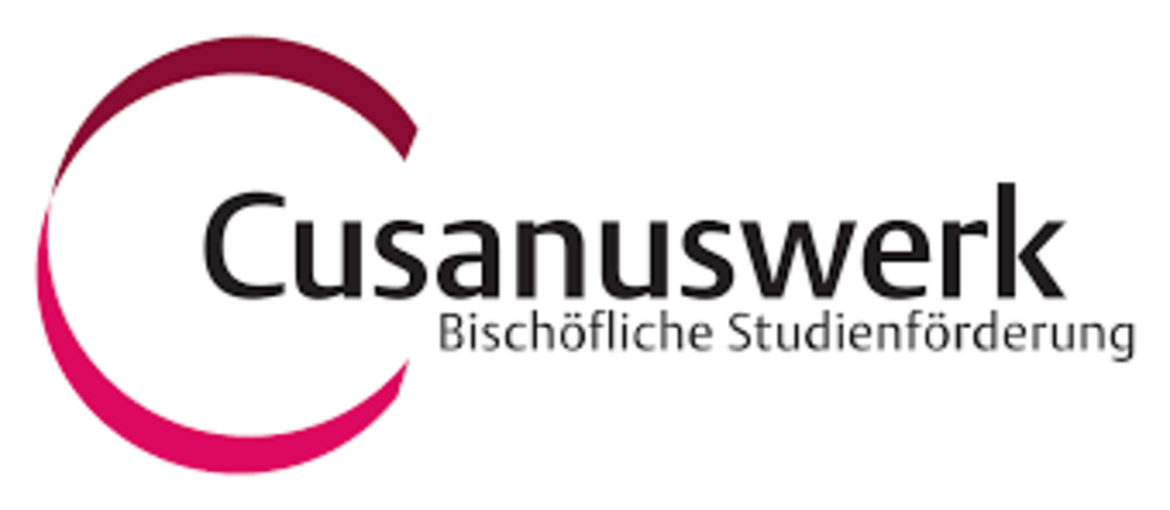INSIGHT AS A MECHANISM OF CHANGE IN PSYCHOTHERAPY
Summary
A growing understanding of recurring maladaptive relationship patterns and their connection to life experiences is seen as the main mechanism of change in insight-based psychotherapy. At the same time, there have been few high-quality empirical studies of the relationship between insight and psychotherapy success. The existing studies show significant methodological shortcomings that limit their validity. Therefore, the aim of the project is a well-founded, methodologically high-quality investigation of insight as a mechanism of change in psychotherapy. To this end, a meta-analysis has been conducted, which integrated the previous study results and demonstrated a moderate correlation between insight and therapeutic outcome (r = .31; Jennissen, S., Huber, J., Ehrenthal, J.C., Schauenburg, H., & Dinger, U. (2018). Association between insight and outcome of psychotherapy: Systematic review and meta-analysis. American Journal of Psychiatry, 175, 961-969).
In order to investigate to what extent insight is actually a mechanism of therapeutic change and to what extent it is specific to psychodynamic therapies, a measuring instrument for recording insight during psychotherapy sessions was then developed. This instrument is currently used and tested in a range of psychotherapy samples. For example, in cooperation with Mary Beth Connolly Gibbons and Paul Crits-Christoph at the Center for Psychotherapy Research of the University of Pennsylvania, the newly developed scale Insight into Conflictive Relationship Patterns (EKB) is used to investigate the relationship between insight and therapeutic success in longitudinal RCT design for comparing psychodynamic and cognitive behavioral therapy for depression in community mental health centers. In addition, it is employed in other psychodynamic psychotherapy samples to further understand its intertwinement with symptom improvement. We further aim to differentiate between different content domains for insight and potentially different emphases between therapy approaches.
Project management
Working group:
Simone Jennissen, Henning Schauenburg, Christoph Nikendei
Cooperation partner:
Mary Beth Connolly Gibbons und Paul Crits-Christoph am Center for Psychotherapy Research, University of Pennsylvania
Duration: 01.08.2018 – 31.07.2021
Supported by: Cusanus Stiftung (Promotion S. Jennissen), American Psychoanalytic Association (Scientific Paper Prize)








